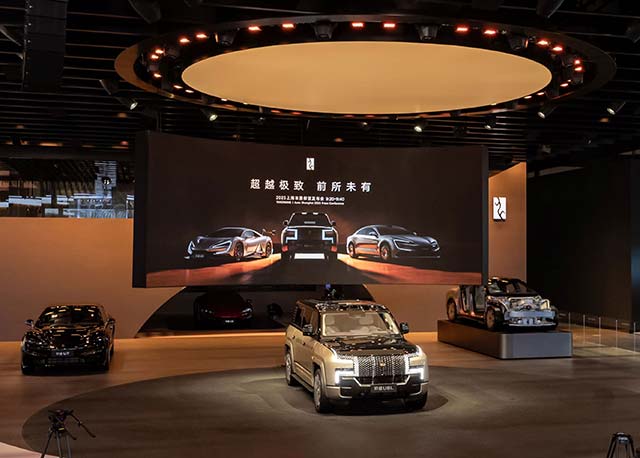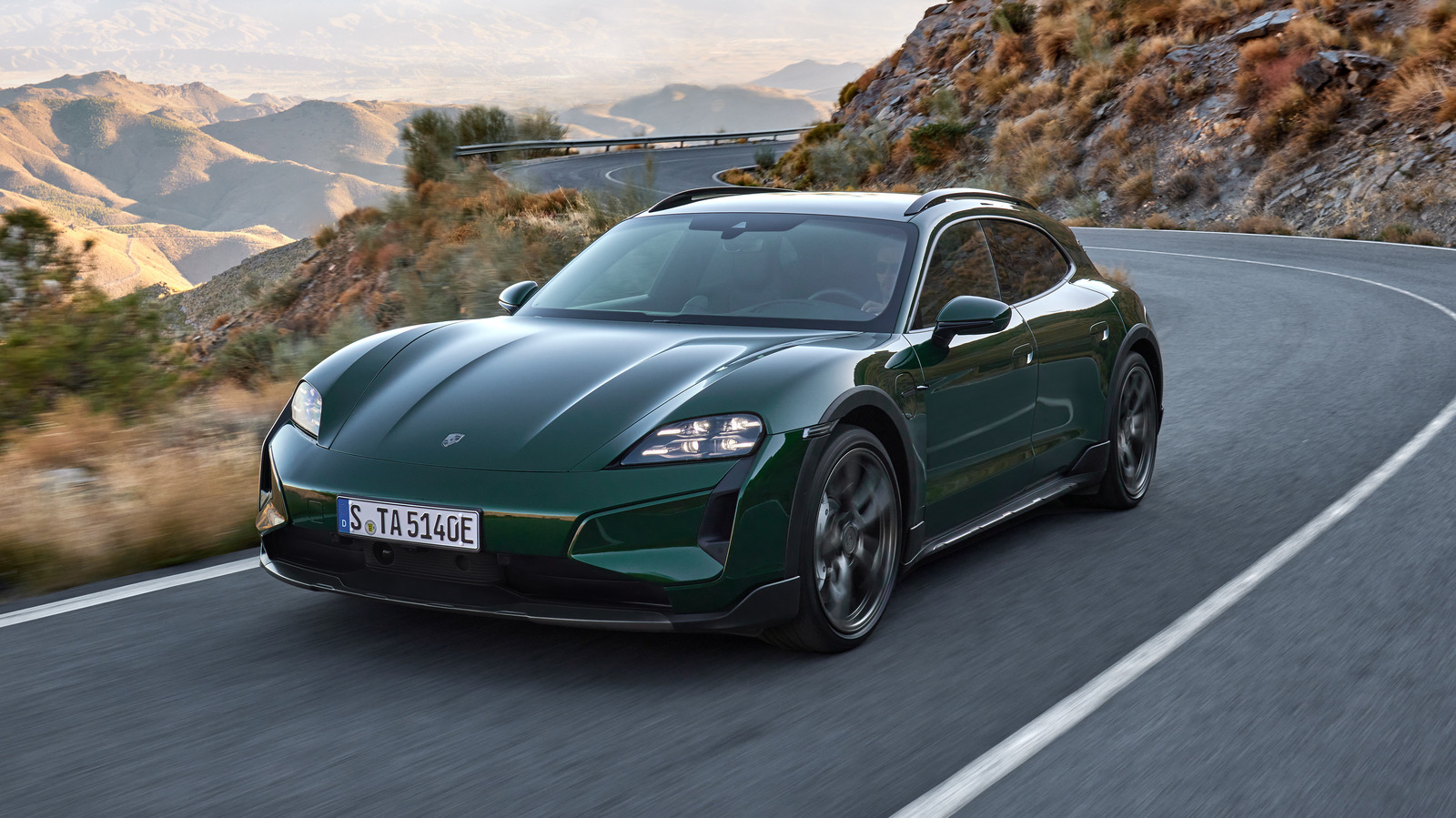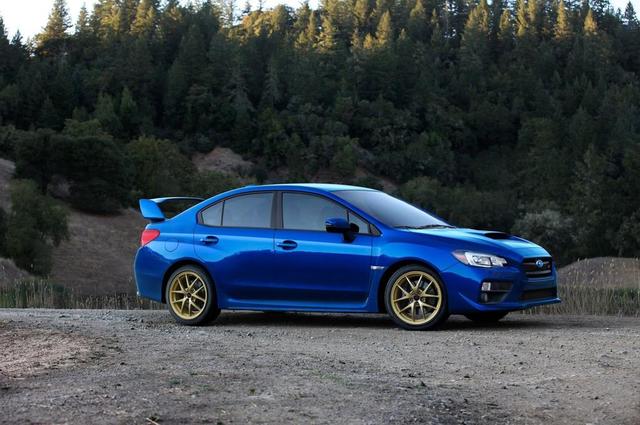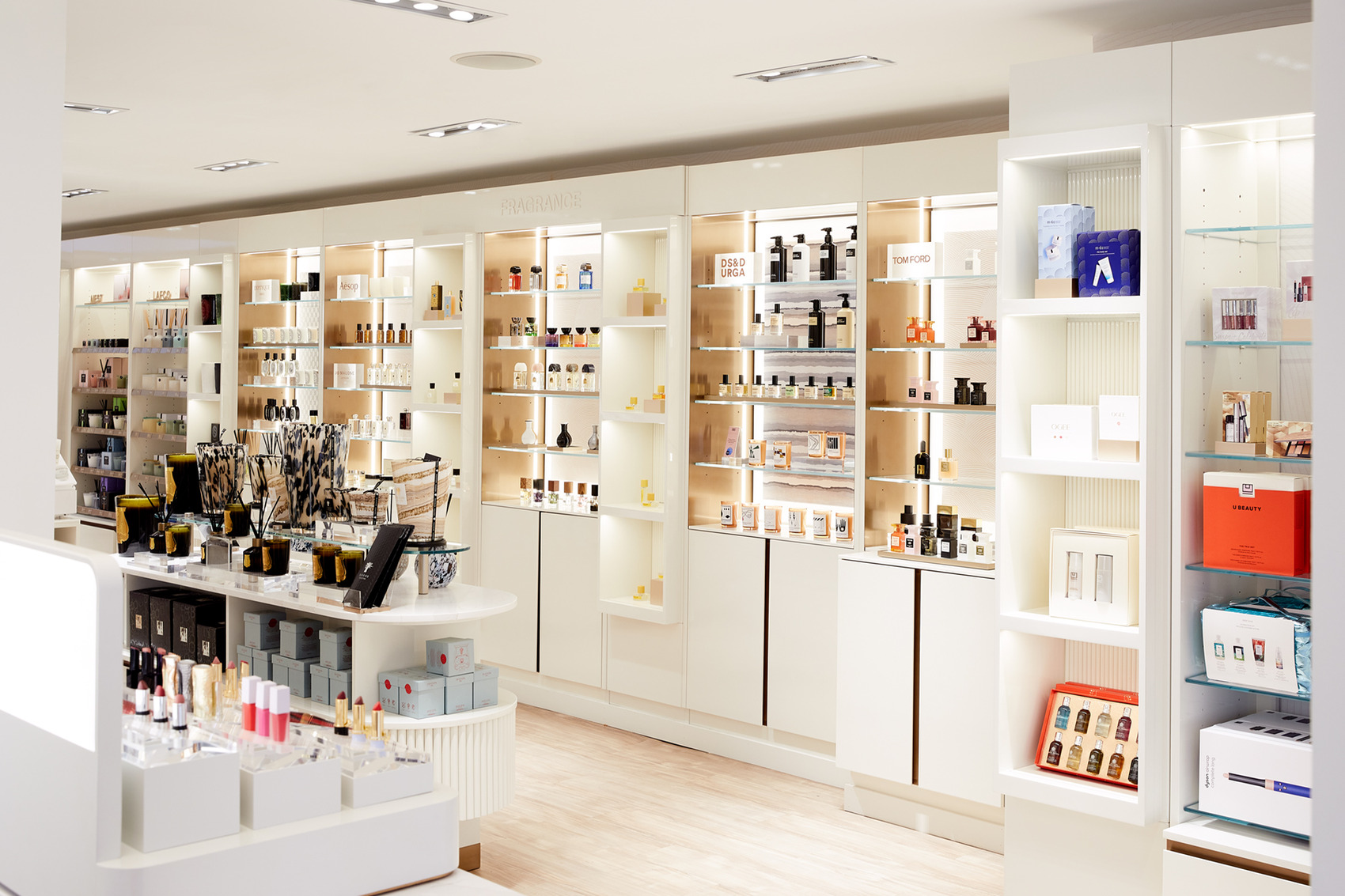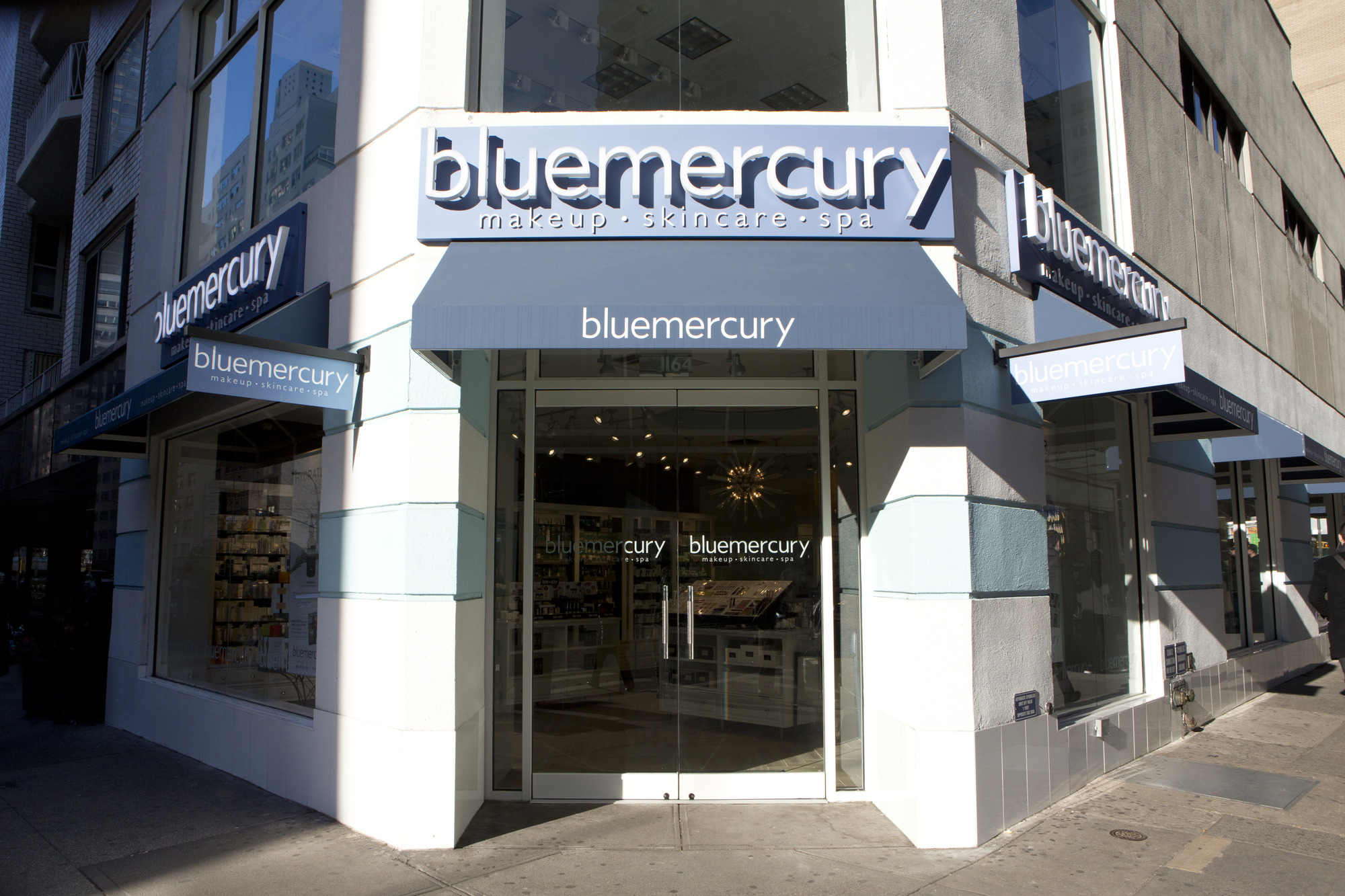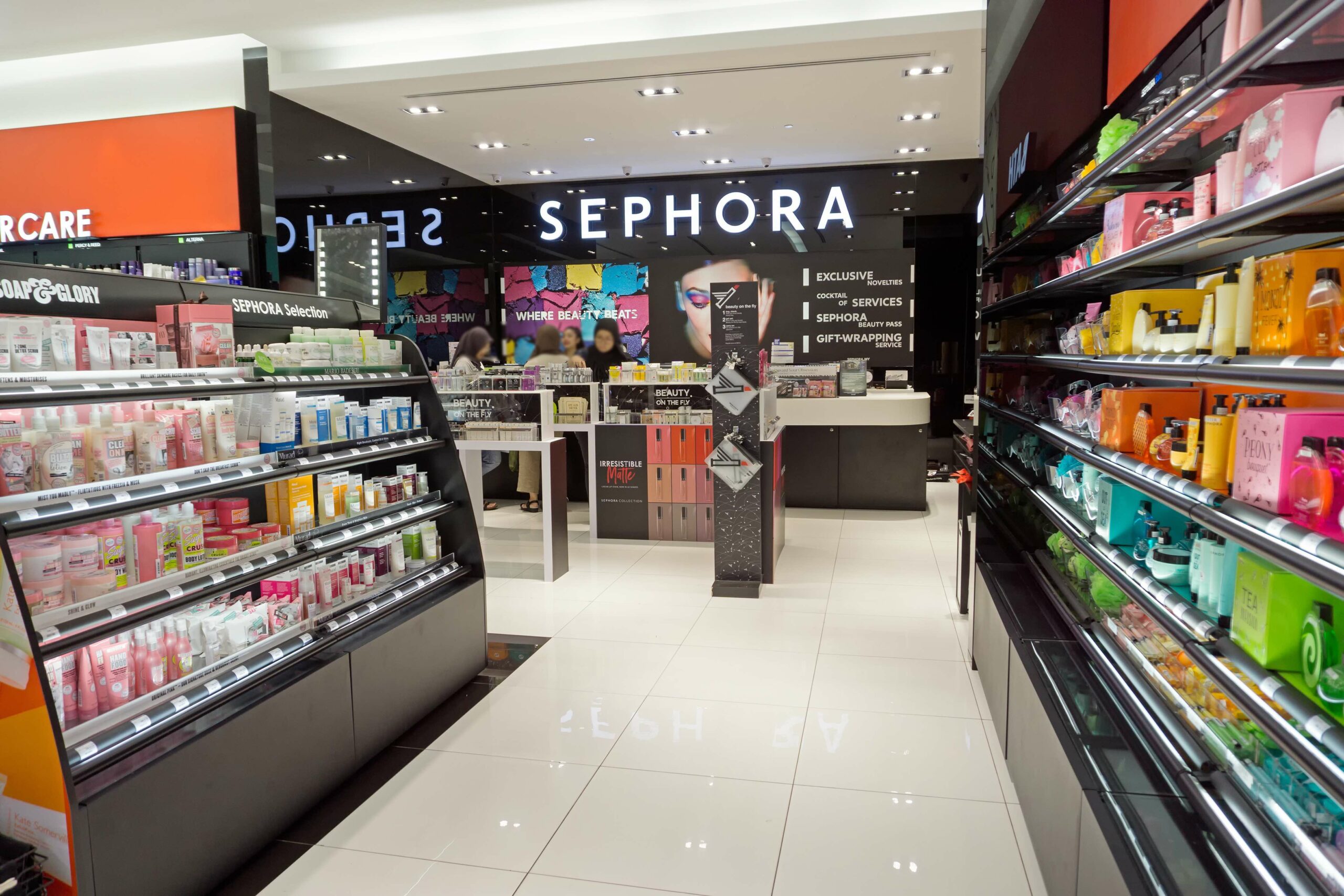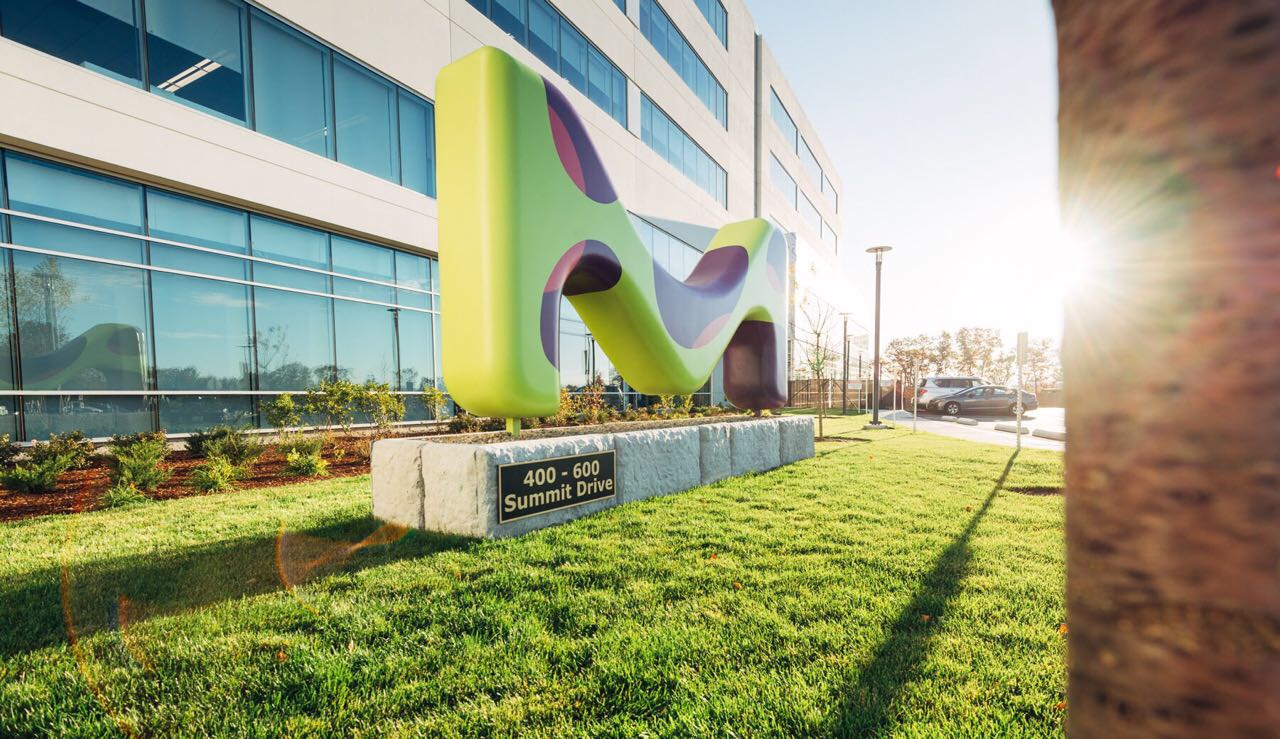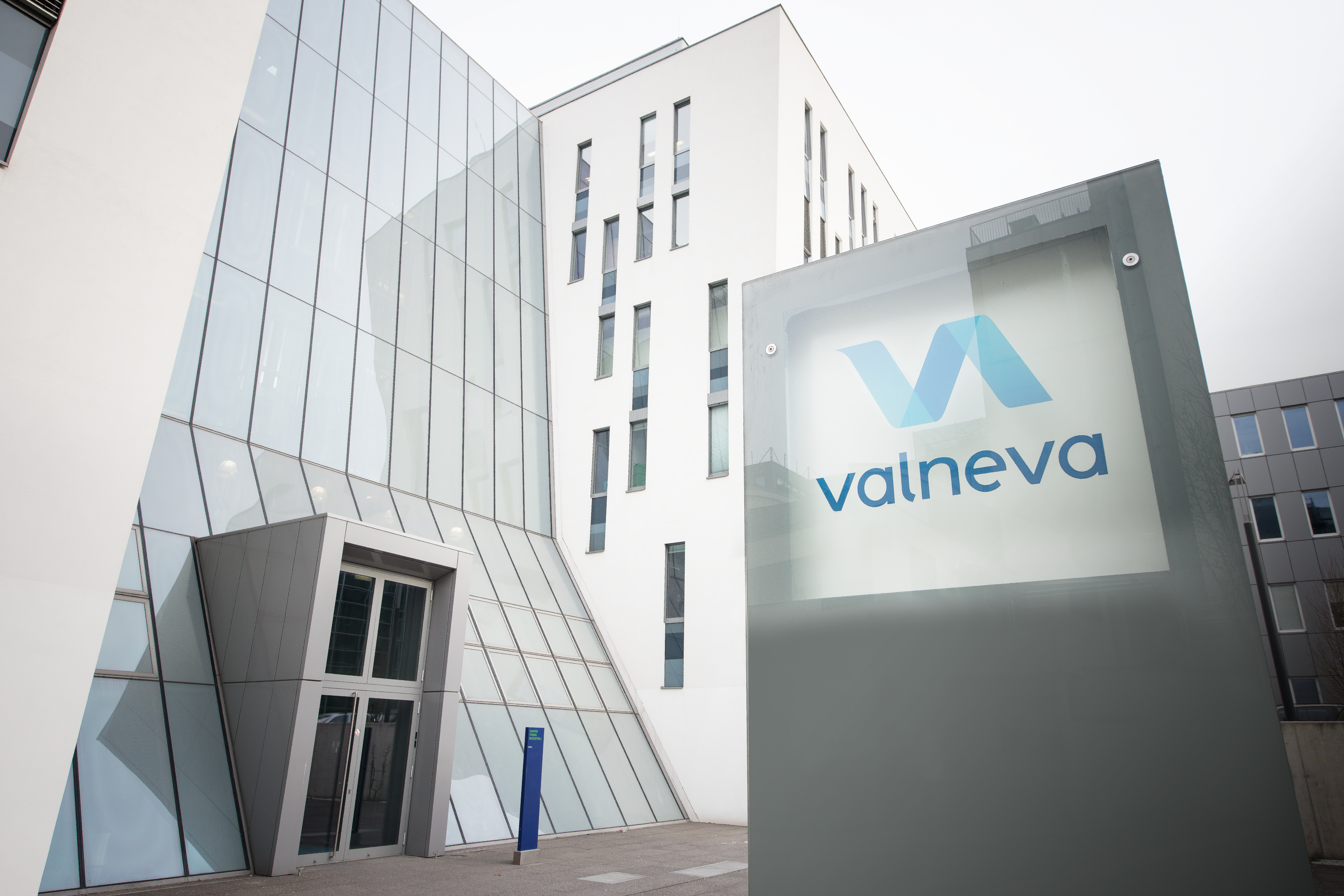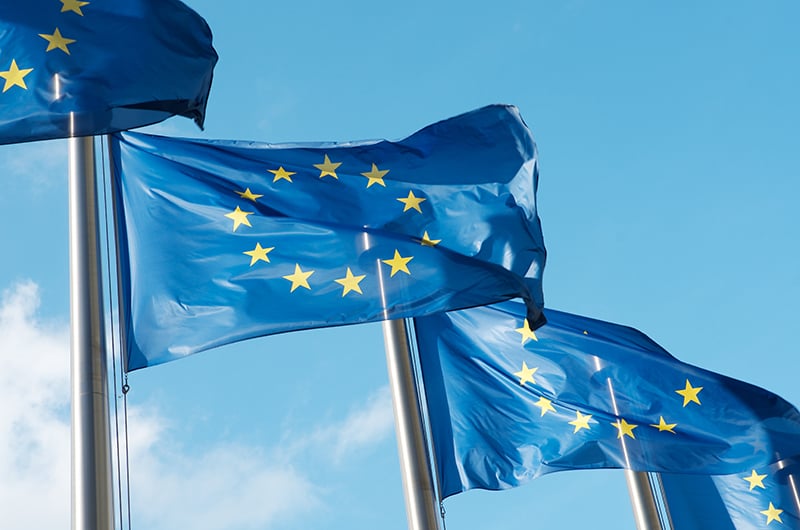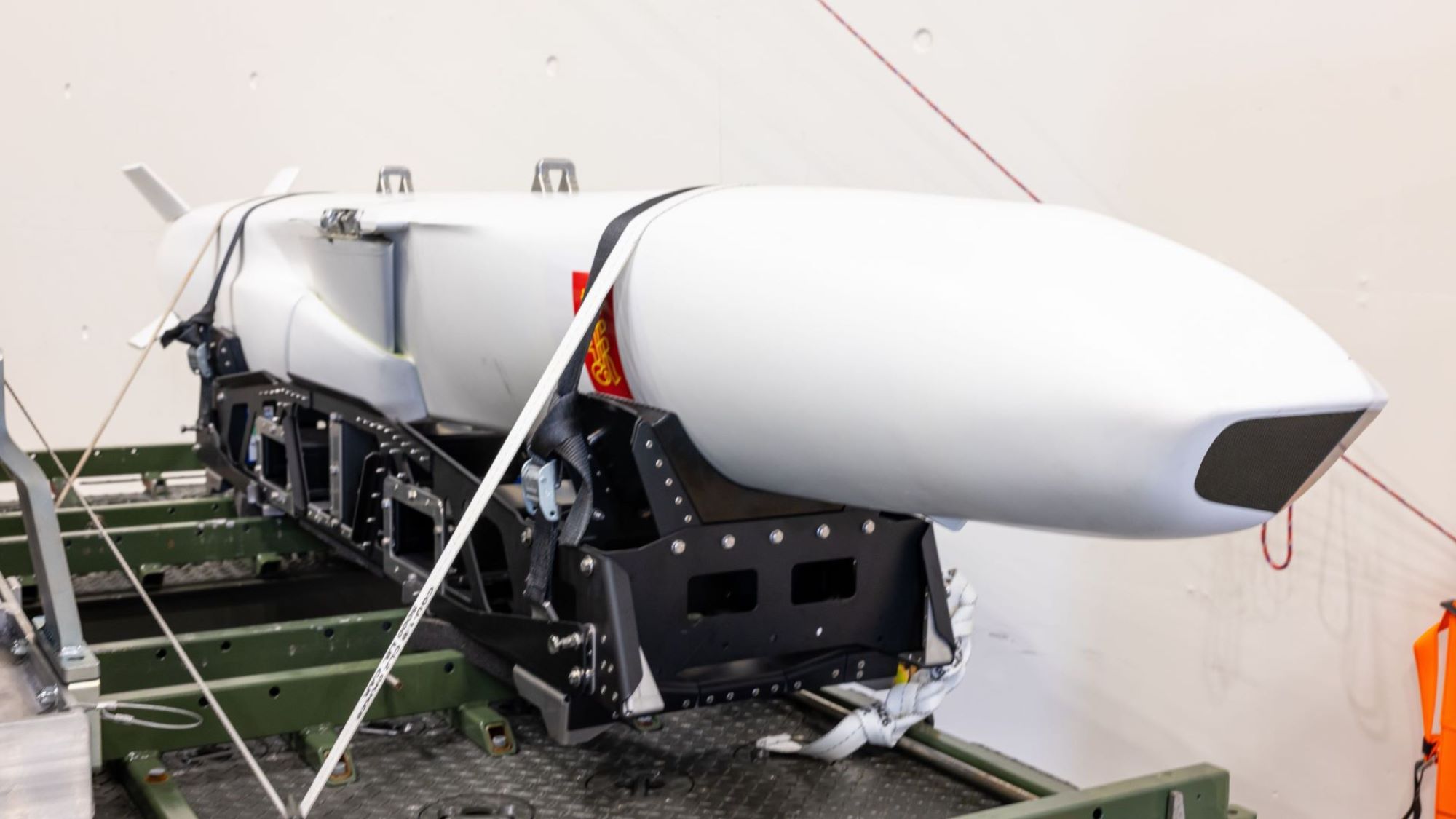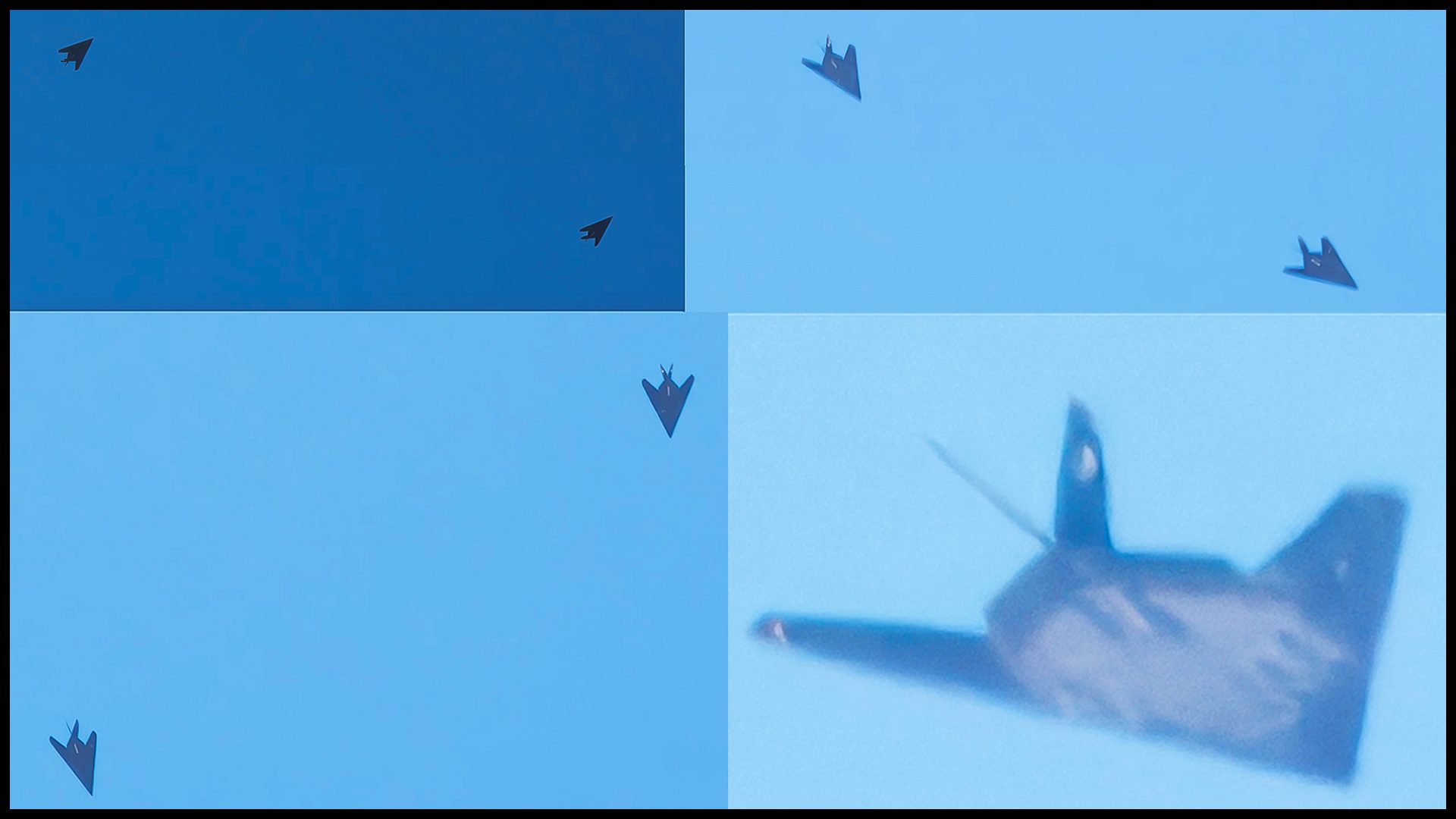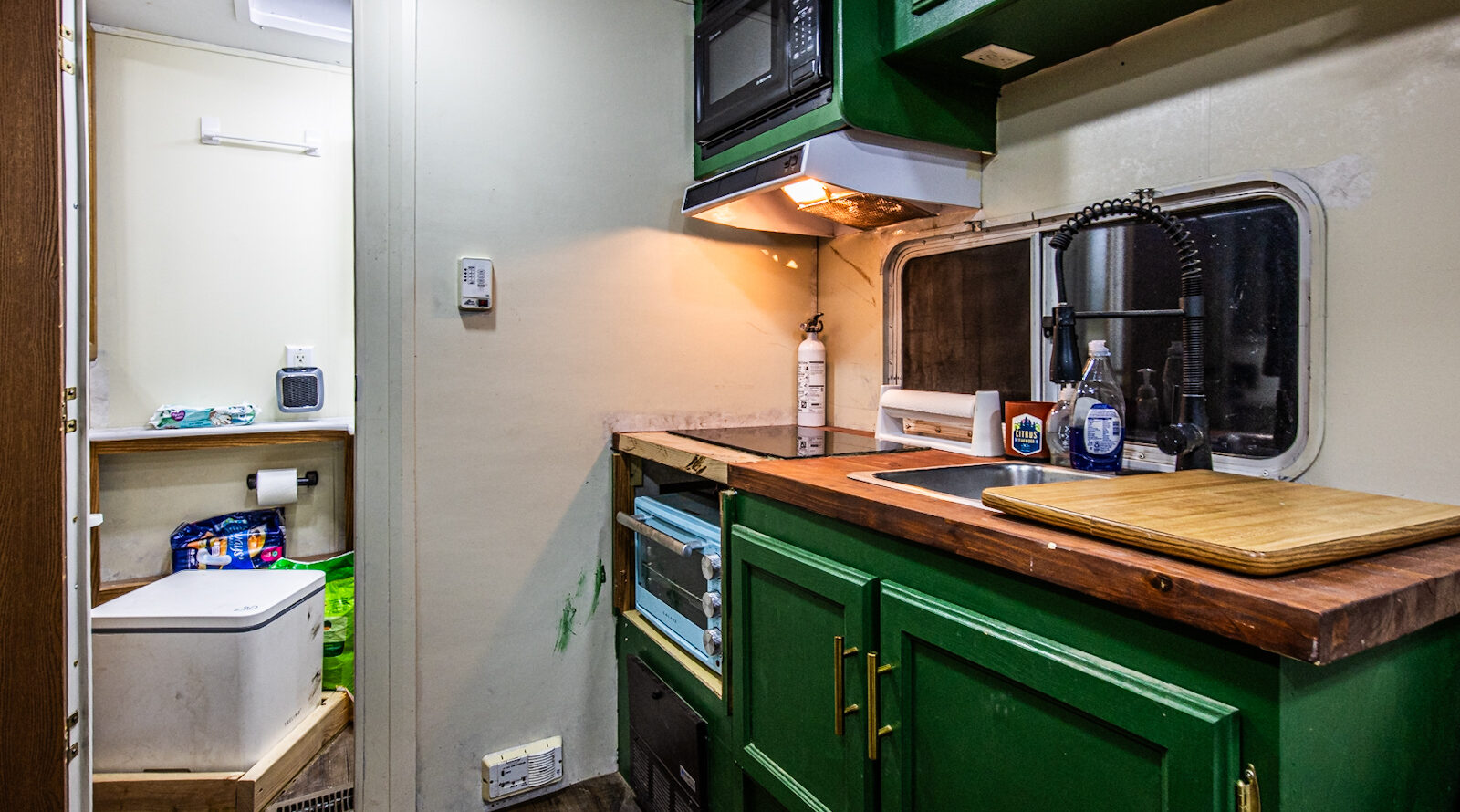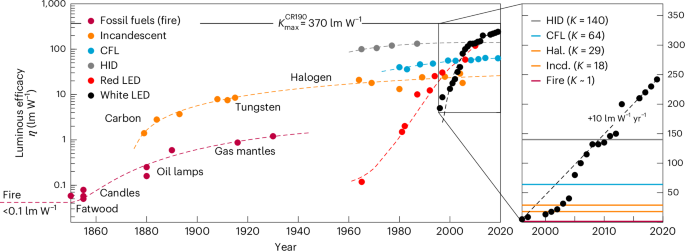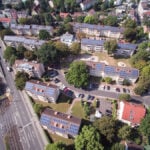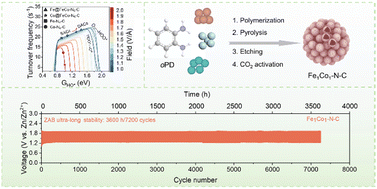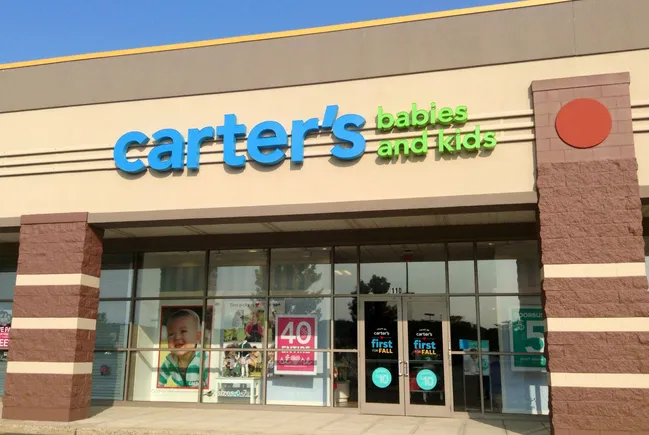Chinese owners offload Bordeaux estates as demand slumps
A wave of vineyard sales is sweeping across Bordeaux as Chinese owners look to exit amid declining demand for French wine in China and falling estate prices. The post Chinese owners offload Bordeaux estates as demand slumps appeared first on The Drinks Business.
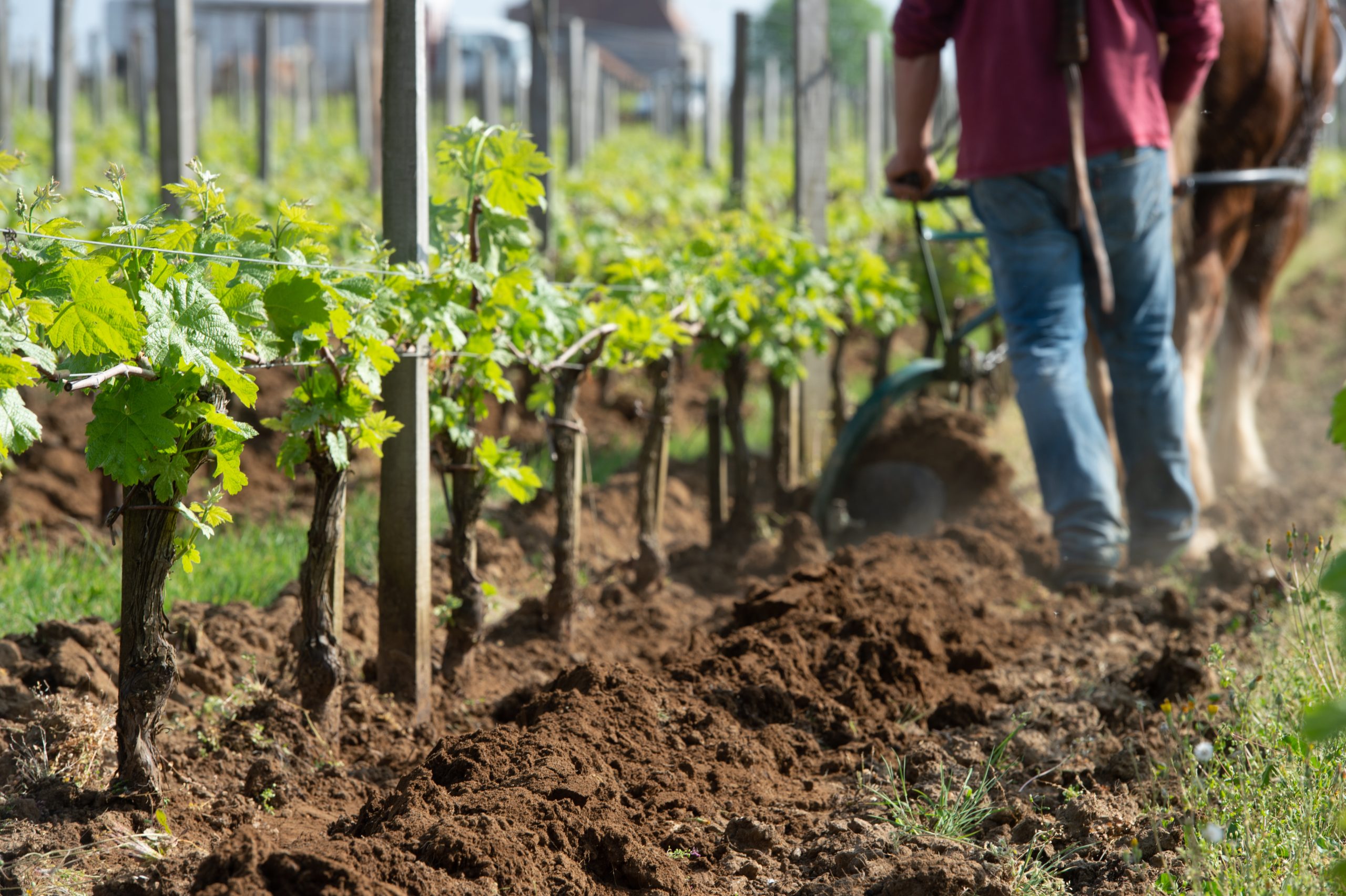
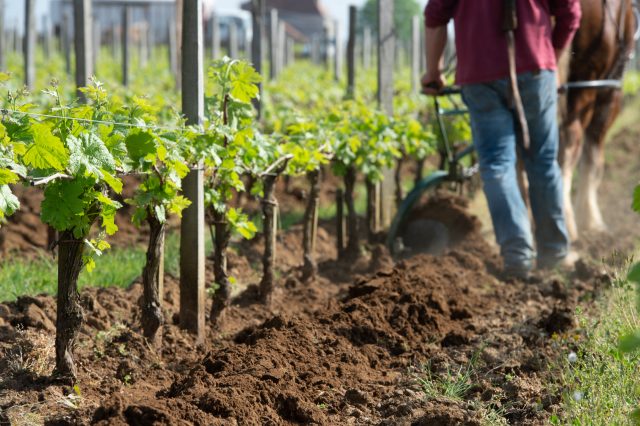
Chinese investment in Bordeaux vineyards has sharply reversed, with many estates now up for sale as demand for French wine in China declines, a recent report from The Times has found.
During the 2010s, Chinese nationals bought 176 vineyards across Bordeaux, drawn by the prestige of French wine and the booming domestic market. Buyers included real estate promoter Mr Wan (not his real name), who purchased two estates in 2011, and Qu Naijie, who acquired 27 properties between 2010 and 2014.
Christophe Chateau, communications director at Bordeaux’s wine marketing board, the CIVB, said the purchases reflected China’s enthusiasm for luxury brands during its economic boom. “When you are considered successful in China, you drive a German car, wear a Swiss watch and drink French wine,” said Chateau, a veteran of 50 trips to the country.
At its peak, China was consuming 80 million bottles of Bordeaux per year, making it the region’s number one export market, according to CIVB data. Demand for ownership quickly followed, with many Chinese investors seeking to cement their status by buying a château.
However, a mix of poor business planning, slowing economic growth, and shifting consumer habits has now led to a reversal in fortunes. Mr Wan, who once dreamed of the “wine lifestyle”, is now trying to sell his 18th-century property - complete with two fountains, a gravel drive, a professional kitchen and a bottling salon - for €1.8 million (£1.5 million), significantly less than he paid.
Weaker demand, distressed sales
Exports of Bordeaux to China have halved since 2017, now standing at around 40 million bottles annually, according to the CIVB. Wan noted that with the economic slowdown, “Chinese people are drinking less luxury wine”. Domestic wines - many produced by French winemakers in China’s Ningxia region - are increasingly taking Bordeaux’s place at the table.
The sector has also been hit by scandals. Qu Naijie, one of the most prolific Chinese buyers, was found guilty of money laundering last year, resulting in the confiscation of nine estates by a Parisian tribunal.
While there have been success stories - including Château Milord, where owner Edwin Cheung has diversified into guest rentals and leisure activities, and Château Bel-Air, whose production is distributed through 2,500 restaurants across China - they are exceptions rather than the rule.
Michael Baynes of Vineyards Bordeaux, who sold 12 wineries last year, said cultural misunderstandings contributed to many of the struggles. In China, he said, seeking advice is often seen as a sign of weakness, leading some buyers to make poorly informed decisions.
With the market now saturated, vineyard prices have plummeted. Vineyards Bordeaux reports that average prices per hectare have fallen from around €55,000 in 2000 to as little as €10,000 today.
Additional pressures, including Chinese currency controls limiting overseas transfers and French banks tightening loans to small vineyards, have led to what Baynes described as a “fire sale”. He said that by the end of 2024, around 400 Bordeaux vineyards were on the market - double the usual number - with about 70% classified as distressed sales needing urgent maintenance. One vineyard was recently sold for just €1, he noted, though the buyer inherited ongoing operating losses rather than a valuable asset.
A new generation of Chinese buyers
Despite the current downturn, Baynes said a new wave of younger, more internationally experienced Chinese buyers has started to re-enter the market.
This generation, typically aged between 40 and 45, is more likely to have studied abroad and arrives with clear business plans to combine wine production with tourism ventures such as vineyard mountain biking, accommodation, and weddings.
Concerns that this could turn Bordeaux into a theme park were dismissed by Chateau of the CIVB. He pointed out that diversification has long been part of Bordeaux’s success, citing Château Smith Haut Lafitte’s move into wine workshops, private dining, and even skincare products with its Caudalie brand.
“Bordeaux is world famous because it’s owned by people from across the world - Britain, Germany, America, China,” said Chateau. “Our CIVB president, Allan Sichel, is English.”
As for Mr Wan, while some young Chinese buyers have expressed interest in his château, he said offers have so far come only in renminbi. “I bought the château to entertain rather than to run a business,” he said. “Now I need euros.”






























